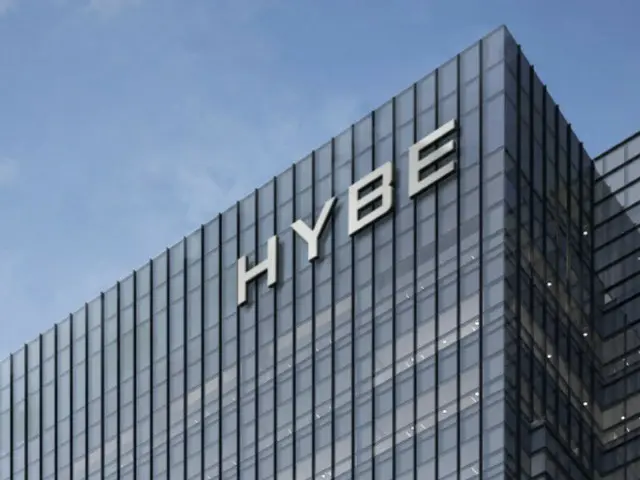On the 29th, HYBE announced that it has established "HYBE CHINA Co., Ltd." HYBE has established overseas subsidiaries: HYBE JAPAN, HYBE AMERICA, HYBE
A HYBE representative told Edaily, "We started preparing to set up a Chinese subsidiary last year, and established HYBE CHINA last month."
HYBE CHINA is currently holding separate audition programs and developing local new teams.
There are no plans for a debut. They plan to focus solely on supporting the local activities of HYBE LABELS artists. HYBE AMERICA, HYBE
Unlike existing overseas corporations such as Spotify and Spotify Japan, which have been nurturing new artists locally, this new company is expected to play a restrictive role.
Pledis Entertainment, a subsidiary label, had already launched the label "Pledis" in 2018, before it was incorporated into HYBE LABELS.
HYBE has also established a new subsidiary in China called "Xing Can Sheng Shi" (local name).
China will continue to focus on supporting Pledis artists as before."
〇 Expectations are being reflected in the lifting of the ban on Korean music… “Positive factor” for recovery in K-POP demand in China
The prevailing view is that HYBE's establishment of a Chinese subsidiary is a move aimed at lifting the ban on Korean content.
Due to the 10-year ban on Korean culture since 2016, Korean artists have been unable to hold large-scale concerts in China.
Expectations are rising for the lifting of the ban on Korean music, with the large-scale "Dream Concert" as a starting point, and music industry insiders speculate that HYBE's establishment of a Chinese subsidiary is not unrelated to this.
Prior to this, major Korean music agencies such as SM Entertainment, YG Entertainment, and JYP Entertainment had already set up local subsidiaries in China.
SM and JYP are also active in producing local Chinese idol groups such as WayV and BOY STORY, respectively. SM is a major shareholder of Tencent Holdings,
The company is accelerating its efforts to conquer the Chinese market, including revealing plans to collaborate with Rakuten to launch local Chinese idols within the next two to three years.
In addition to the anticipation of the lifting of the ban on Korean music, the demand for K-POP in China remains as high as ever.
It is positive. Looking at Korea's 2022 music exports (based on the Korea Customs Service's import and export trade statistics) by country, China came in second after Japan with $51.326 million (approximately 70.8 billion won, or 7.08 billion yen).
However, after a year, it suddenly dropped to third place at $33 million (approximately 46.8 billion won, or 4.68 billion yen). In particular, exports were virtually at their lowest in August 2023.
Since 2011 was the year when K-pop record sales reached their highest level in the market, some have suggested that demand for K-pop in China may have declined.
However, signs of recovery have begun to appear since last year. While Japan's exports to the United States dropped significantly in 2024, China's exports are expected to reach 5,978 million yen.
Following this trend, China surpassed Japan, Taiwan, and the United States to record 1.2 billion won in Korean record exports from January to March.
They ranked first with $962,000 (approximately 17.8 billion won or 1.78 billion yen). NH Investment Securities researcher Lee Hwa-jeong said, "In major cities in China, HYBE artists' pop art is
"Since meaningful offline fan demand has been confirmed, we can expect significant benefits when performances resume in China," the report said.
2025/05/29 18:41 KST
Copyrights(C) Edaily wowkorea.jp 95









